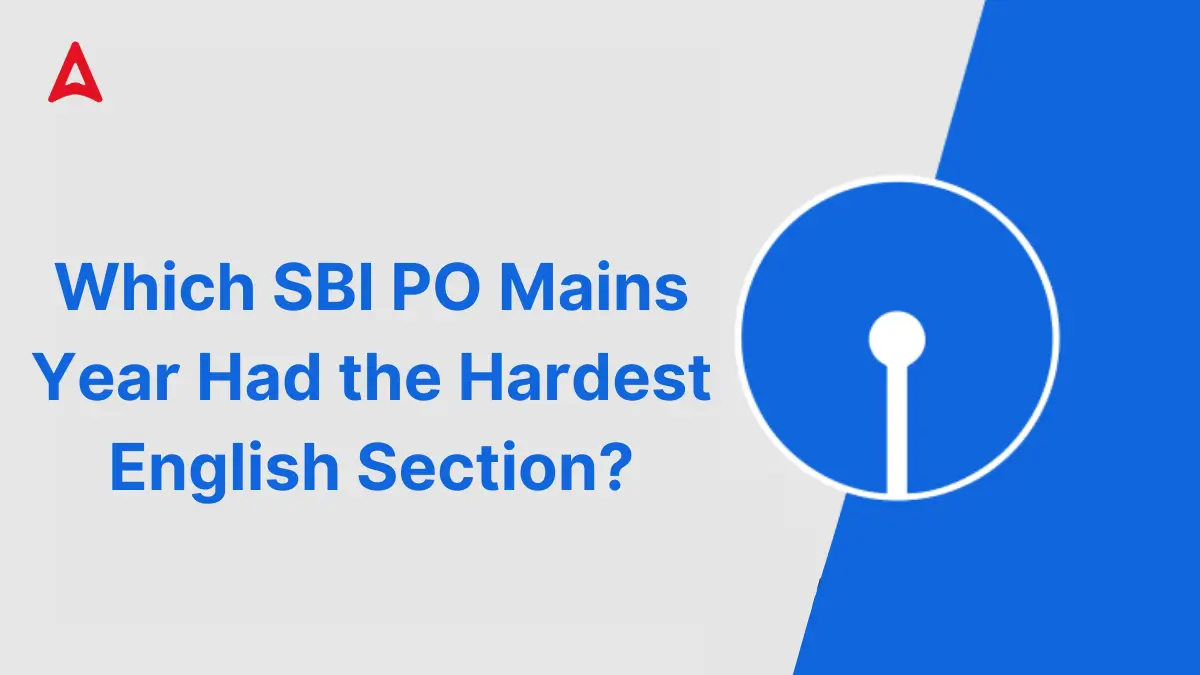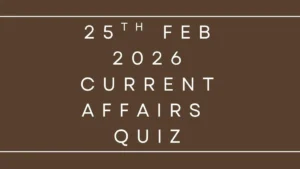The SBI PO Mains 2019 English Language section remains a hot topic among aspirants even years after the exam. Many candidates felt that the questions were unexpectedly difficult when compared to previous years. The paper included challenging reading passages and a high level of language complexity, which made it harder for many to perform well. In this article, we take a closer look at Which SBI PO Mains Year Had the Hardest English Section.
Overview of SBI PO Mains 2019 English Section
The English section of the SBI PO Mains 2019 had 35 questions to be solved in 40 minutes. Many students thought the questions would follow the usual pattern but were surprised by how tricky and different they were. The section included long reading passages, grammar questions that were not common, and sentences that were hard to arrange. Overall, the section was more difficult than expected and gave a tough time to many candidates.
What Made SBI PO Mains 2019 English Section Difficult
Unconventional Reading Comprehension Passages
The RCs in 2019 were based on abstract and academic topics like global trade patterns, environmental ethics, and social mobility. These passages were not only lengthy but also filled with complex sentence structures and unfamiliar vocabulary, making them time-consuming and mentally exhausting.
New Pattern Fillers and Phrase Replacements
Instead of regular cloze tests, 2019 introduced multi-sentence fillers and phrase replacement questions that tested logical flow, tone, and comprehension in a paragraph-level context. This change surprised many aspirants who were preparing using standard grammar-based practice sets.
Highly Confusing Para Jumbles and Sentence Connectors
Para jumble questions in 2019 lacked traditional clues like transition words. Similarly, sentence connectors had options that all seemed logically correct, forcing aspirants to spend too much time justifying one over the other.
Vocabulary-Heavy Double Fillers
Even the double fillers tested not just grammar but nuanced vocabulary, with options that were close in meaning but subtly different in tone or implication. This led to lower accuracy even among those confident in English.
Comparison with Other Years
While 2018 had its share of difficult vocabulary and 2021 brought a few surprises, the 2019 English section stood out because of how it combined abstract comprehension, new question formats, and psychological pressure. It wasn’t just hard it was unexpectedly hard, which made it even more challenging for candidates. Many of them found the questions confusing and time consuming, especially those involving new patterns. As a result, the overall attempt and accuracy rates in the English section were lower than usual that year.




 Daily Current Affairs Quiz 25th February...
Daily Current Affairs Quiz 25th February...
 Bank PO at 21: Chinu Kavia’s Unbelievabl...
Bank PO at 21: Chinu Kavia’s Unbelievabl...
 Daily Current Affairs and GK Updates (24...
Daily Current Affairs and GK Updates (24...








